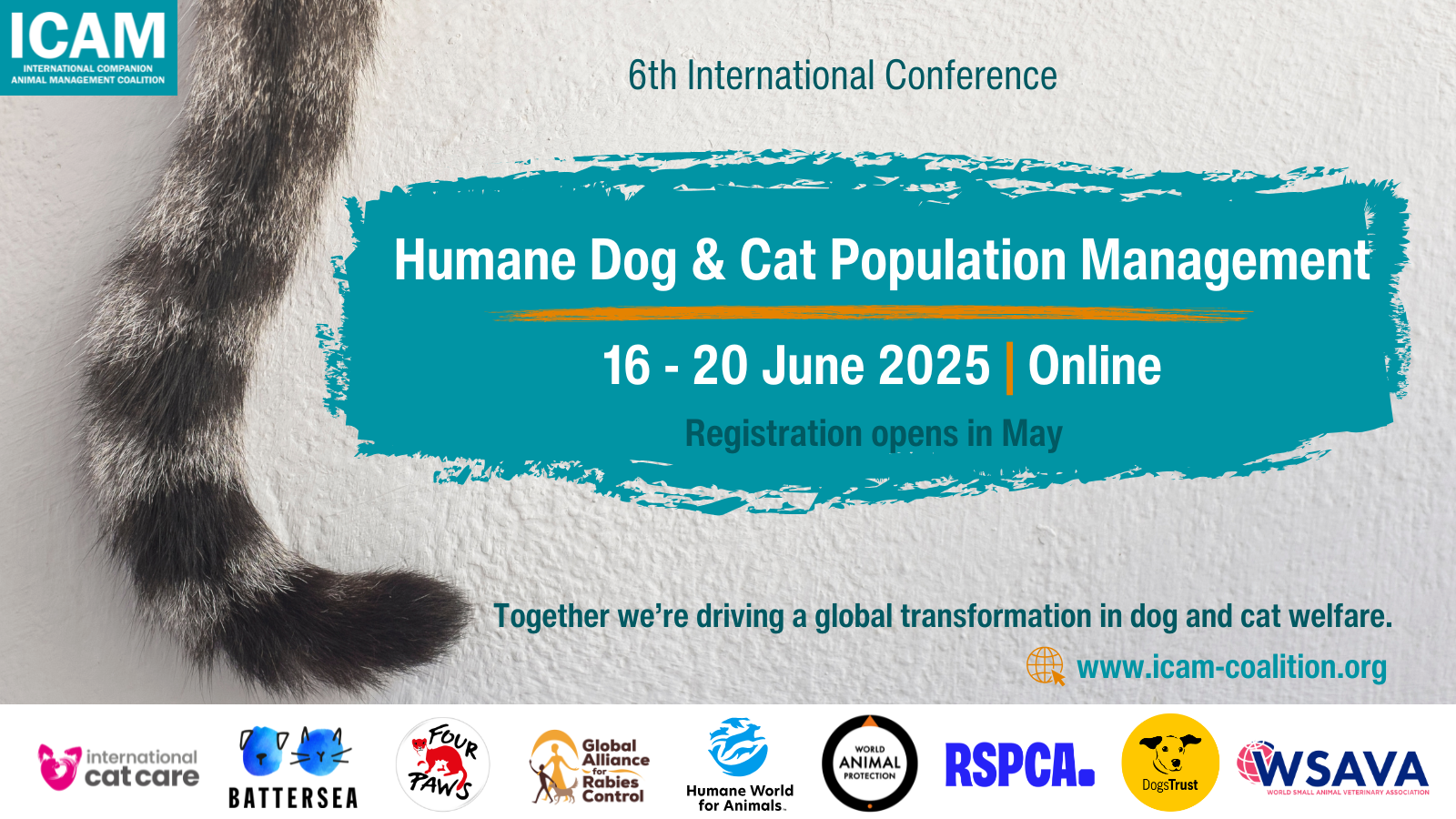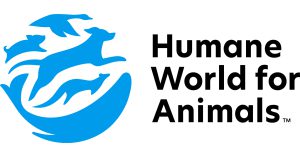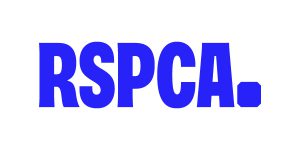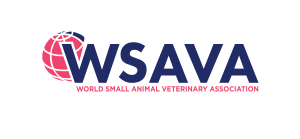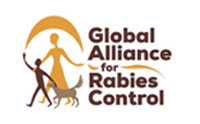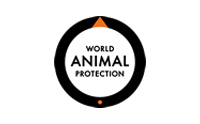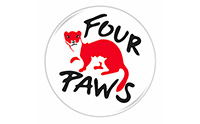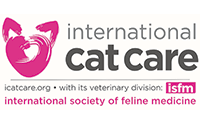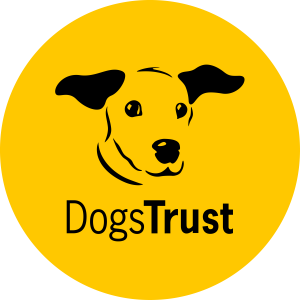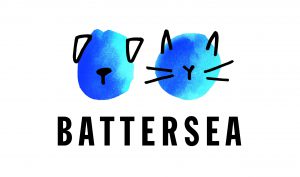Conference Programme and Recordings
📅 Expand each section to view the recordings from each day of the conference.
1.1 Chair’s Welcome
Dr Elly Hiby, Director of ICAM
1.2 Positive Cities
Patrick Gerard, Director of Advocacy (ICAM)
1.3 Trap-Neuter-Rehome/Release-Manage (TNRM) of Free-Roaming Dogs: Success Factors for Singapore
Dr Anhui Lin (National Parks Board, Singapore)
1.4 One Goal – Different Approaches: Tailoring the DPM to Given Circumstances, Examples From Bosnia
Dr Alida Brkan and Dr Anida Dinarević (Dogs Trust Bosnia)
1.5 Animal Protection and Intersectorality: Building Care Networks Through Health Education
Samilla Santos and Dr Danielle Ferreira de Magalhães Soares (Federal University of Minas Gerais, Brazil)
1.6 From Hate to Love, Led by Dogs: The Linda Pata Rat Programme
Anca Georgescu (TAC.social, Romania)
1.7 The Political Impact of Large-Scale Neutering Programmes in Malaysia
Dr Natasha Lee (Veterinarian and international animal welfare consultant, Malaysia)
Download: Day 1 Q&As
2.1 Chair’s Welcome
Sarah Collins (International Cat Care)
2.2 Cat Population Crisis in Mumbai, India: The Need for Data-Driven TNR, Its Challenges and Outcomes
Pallavi Kamath and Dr Charu Khosla (The Feline Foundation, India)
2.3 Cat Management in the Urban City-State of Singapore
Dr Anhui Lin (National Parks Board, Singapore)
2.4 Evaluating the Impact of the Trap-Neuter-Return Programme on Lisbon’s Cat Colonies
Madalena Neves (University of Lisbon, Portugal)
2.5 Preparing for Impact: Strategic Population Management Tools for Community Cat Programmes
Stacy LeBaron (Community Cats Podcast, USA)
2.6 Building Evidence-Based Strategies for Unowned Cat Welfare and Population Management: Lessons From a Five-Country Pilot
Harry Eckman (International Cat Care)
2.7 Counting Cats to Track Population Impact
Dr Elly Hiby (ICAM)
Download: Day 2 Q&As
3.1 Chair’s Welcome
Karen Reed (Dogs Trust)
3.2 More Than Spay and Neuter: A 10-Year Evolution of Dog Management and Improving Companion Animal Welfare in India
Dr Piyush Patel (Street Dog Programme – Humane World for Animals, India)
3.3 Teaching an Old Dog New Tricks – The Use of Theory of Change for Animal Welfare
Cam Williams and Dr Lauren Harris (Dogs Trust UK)
3.4 Is sustainability within our reach or are we further from our goals than we think? Dog population dynamics in Constanta Romania
Tamara Kartal (Four Paws International)
3.5 Advanced Dog Capture Tools and Technologies: A Case Study From Vieques, Puerto Rico
John Peaveler (Humane Innovations, USA)
3.6 From Data to Action: Country-Specific Strategies for Stray Animal Population Management in Southeast Asia
Chonnikarn (Pom) Phochanakij and Hanh Nguyen Minh (Four Paws International)
3.7 Demographics of Free-Roaming Dogs in Guwahati, India: Assessing Population Characteristics, Comparing Estimation Methods, and Validating Superduplicates as a Cost-Effective Tool
Laura Cunha Silva (Veterinary Public Health Institute, University of Bern, Switzerland)
Download: Day 3 Q&As
4.1 Chair’s Welcome
Beatriz Ungerer Dal Poz (Battersea)
4.2 Animal Population Management in the City of São Paulo
Telma Rocha Tavares and Maíra Franco de Andrade (Prefeitura de São Paulo, Brazil)
4.3 New Developments Within the Communities Against Rabies (CAR) Initiative
Andre Coetzer and Kerenza Vlastou (Global Alliance for Rabies Control)
4.4 Project Hayat: Project of Life for the Love of Life
Salima Kadaoui (SFT Morocco)
4.5 A Barking Dog Never Bites, a Baited Dog Never Dies – of Rabies!
Dr Gowri Yale (Ceva Sante Animale, France)
4.6 Program Dewata: Bridging Animal Welfare and Public Health Through a One Health Approach to Humane Rabies Control in Bali
Marissa Arief (Four Paws International) and Ade Andreawan (BAWA)
4.7 Let’s Save the Strays International in Myanmar: Dog Population Management and Rabies Prevention and Control in a Conflict-Affected Country
Dr Amy A. Shroff (Let’s Save the Strays International)
Download: Day 4 Q&As
5.1 Chair’s Welcome
Alex Hammond-Seaman (RSPCA)
5.2 Culturally Relevant Training to Promote Community Engagement, Responsible Pet Ownership, and Sustainable Animal Population Management in Remote Australian Indigenous Communities
Dr Jenny Turton (Animal Management in Rural and Remote Indigenous Communities, Australia)
5.3 Cat Friendly Homing: Practical, Proven Strategies for Homing Unowned Cats
Lindsey Quinlan (International Cat Care) and Dr Vanessa Whitfield (RSPCA, UK)
5.4 Keeping Cats Safe at Home: A Holistic Approach to Domestic Cat Management in NSW
Dr Brooke Kennedy (University of New England, Australia) and Dr Gemma Ma (University of Sydney School of Veterinary Science and RSPCA NSW, Australia)
5.5 The Essential Role of Ukrainian Communities in Dog and Cat Population Management
Dr Gregg Tully (International animal welfare consultant)
5.6 Shifting the Norm: Promoting Early Sterilization to Influence Human Behavior and Feline Population Dynamics in the United States
Brianna Lovell Myers (United Spay Alliance, USA)
5.7 “Animal-Friendly Communities” – A Community-Driven Approach to Harmonize Companion Animals, Wildlife and People in Tortuguero: A Case Study
Grettel Delgadillo and Sofía Herra (Humane World for Animals, Costa Rica)
5.8 Closing Remarks
Dr Elly Hiby (ICAM)
Download: Day 5 Q&As
Conference Themes
EVOLVING POPULATION MANAGEMENT (CATS)
Cat population management requires data-driven approaches to innovate, test and evaluate impact on cats’ health & welfare, human health & perceptions, and cost-benefit analyses – then adapting to improve impact & efficiency.
ONE HEALTH
Population management can improve the health and welfare of dogs & cats, while also contributing to human & community health, including reducing dog bites and achieving the goal of canine rabies elimination by 2030.
URBAN DEVELOPMENT
Concerns over roaming dog and cat welfare, numbers and risks they may pose are high on the agenda of many urban areas. As cities develop, ensuring safe access to all public spaces includes management of dog and cat populations.
EVOLVING POPULATION MANAGEMENT (DOGS)
Dog population management requires data-driven approaches to innovate, test and evaluate impact on dogs’ health & welfare, human health & perceptions, and cost-benefit analyses – then adapting to improve impact & efficiency.
GOVERNMENT LEADERSHIP
National & local governments are responsible for managing the populations of dogs & cats in their territory. When working alone, or in partnership with NGOs, business & academia, they provide the legal basis, budget & drive for sustained population management.
HUMAN BEHAVIOUR AND REHOMING
How owners and communities behave towards dogs & cats is the single biggest driver of their population dynamics, and key to effective & sustainable population management. Rehoming can be achieved using physical shelters / rehoming centres and fostering.
Conference Summary
- Monday 16 to Friday 20 June 2025
- The conference ran for two hours a day over five days.
- Sessions took place from 11:00 – 13:00 Universal Coordinated Time (UTC), enabling as many people as possible to attend from around the world.
- Time zone converter:
- London, UK – BST (UTC+1) 12:00 – 14:00
- Paris, France – CEST (UTC+2) 13:00 – 15:00
- Johannesburg, SA – SAST (UTC+2) 13:00 – 15:00
- Nairobi, Kenya – EAT (UTC+3) 14:00 – 16:00
- Tbilisi, Georgia – GET (UTC+4) 15:00 – 17:00
- Colombo, Sri Lanka – SLST (UTC+5:30) 16:30 – 18:30
- New Delhi, India – IST (UTC+5:30) 16:30 – 18:30
- Bangkok, Thailand – ICT (UTC+7) 18:00 – 20:00
- Beijing, China – CST (UTC+8) 19:00 – 21:00
- Tokyo, Japan – JST (UTC+9) 20:00 – 22:00
- Sydney, Australia – AEST (UTC+10) 21:00 – 23:00
- New York, USA – EDT (UTC-4) 07:00 – 09:00
- Chicago, USA – CDT (UTC-5) 06:00 – 08:00
- Denver, USA – MDT (UTC-6) 05:00 – 07:00
- Los Angeles, USA – PDT (UTC-7) 04:00 – 06:00
- São Paulo, Brazil – BRT (UTC-3) 08:00 – 10:00
- Buenos Aires, AR – ART (UTC-3) 08:00 – 10:00
- The conference programme is available to view towards the top of this page.
- Review the six conference themes displayed above.
- Free!
- The conference was fully online.
- Each session comprised a short live or pre-recorded presentation, followed by a live Q&A session, hosted by an ICAM conference chair.
- Attendees were also invited to use the Q&A function to ask questions during the presentations.
Edition 1 of the ICAM Conference 2025 Book of Abstracts is available to download here:

